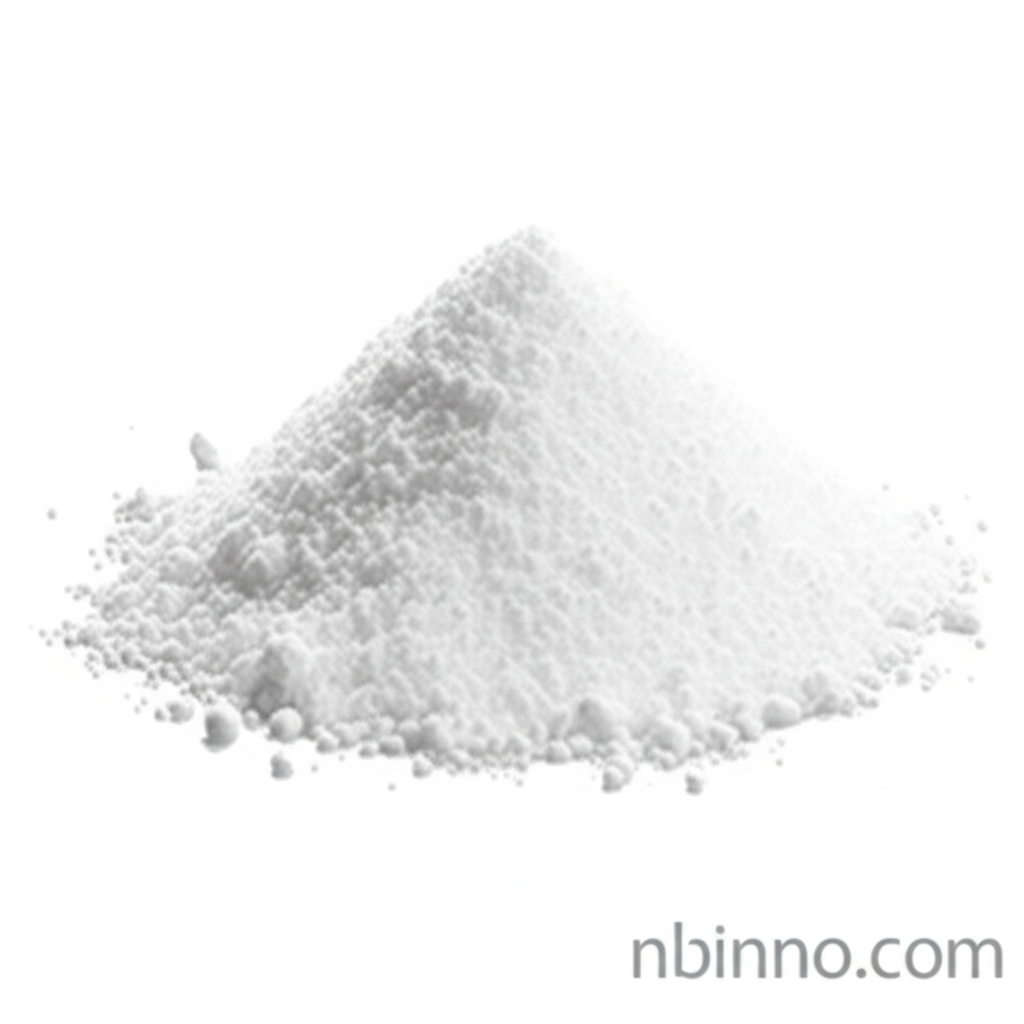Microcrystalline Cellulose: A Versatile Pharmaceutical Excipient
Discover the power of Microcrystalline Cellulose in enhancing pharmaceutical formulations, food products, and cosmetics.
Get a Quote & SampleProduct Core Value

Microcrystalline Cellulose
Microcrystalline Cellulose (MCC) is a purified, partially depolymerized cellulose that serves as a highly versatile excipient across pharmaceuticals, food production, and cosmetics. Its unique properties make it indispensable for enhancing product quality, stability, and functionality. MCC is renowned for its excellent compressibility, crucial for creating robust tablets, and its inert nature ensures compatibility with a wide range of active ingredients.
- Explore the critical role of microcrystalline cellulose in pharmaceuticals for creating stable and effective tablets.
- Understand why microcrystalline cellulose is a preferred binder and filler in tablet formulation due to its superior binding capacity.
- Learn about the diverse microcrystalline cellulose uses in food, where it functions as a stabilizer, thickener, and texture modifier.
- Discover the microcrystalline cellulose advantages in tablet formulation, including its high compressibility and inert chemical profile.
Key Benefits
Exceptional Compressibility
Microcrystalline cellulose offers superior compressibility, enabling the formation of tablets with excellent hardness and integrity, a key factor in successful tablet formulation.
Chemical Inertness
Its inert nature ensures minimal reaction with active pharmaceutical ingredients, making microcrystalline cellulose a safe and reliable choice for complex formulations.
Versatile Applications
From pharmaceuticals to food additives, microcrystalline cellulose showcases remarkable versatility, serving as a binder, filler, disintegrant, and more, across various industries.
Key Applications
Pharmaceuticals
As a pharmaceutical excipient, microcrystalline cellulose is vital for tablet binding, filling, and disintegration, ensuring dosage accuracy and stability.
Food Production
In food manufacturing, MCC acts as an anti-caking agent, stabilizer, and texture modifier, enhancing the quality and appeal of processed foods.
Cosmetics
The cosmetic industry utilizes microcrystalline cellulose for its viscosity-increasing, absorbent, and texturizing properties in skin and hair care products.
Animal Nutrition
MCC serves as a technological additive in animal feed, functioning as an emulsifier, stabilizer, and binder for all animal species.
